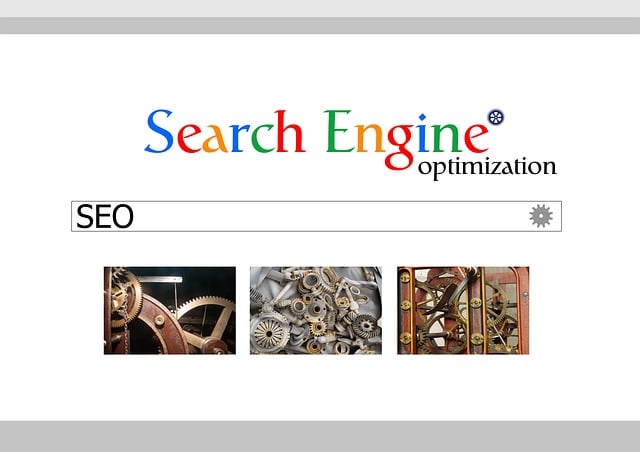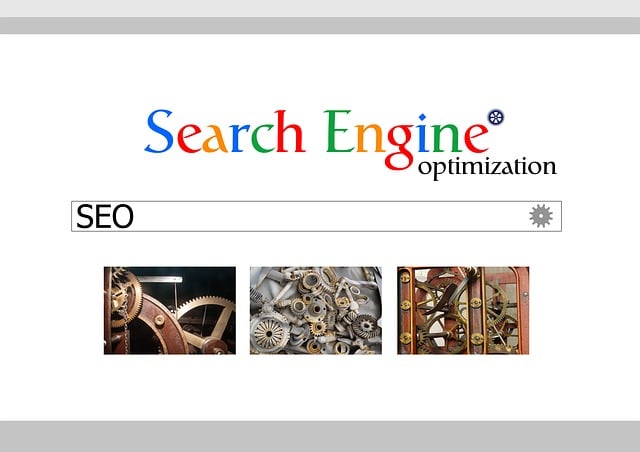Local SEO for Small Businesses is a strategic approach to boost online visibility and attract nearby customers. By optimizing website elements, business profiles (like Google Business Profiles), and ensuring consistent NAP citations, small businesses can improve local search rankings and convert visitors into loyal customers. A Local SEO audit evaluates technical aspects like website structure and mobile optimization, content quality, and off-page factors like reviews and citations, providing insights for targeted improvements. Using tools like Google Search Console and third-party SEO tools helps uncover opportunities to enhance online visibility through accurate NAP information, updated content with relevant keywords, and effective review management. Regular audits and strategic refinements are key to staying competitive in the dynamic digital landscape.
Small businesses can greatly benefit from mastering Local SEO, optimizing their online presence within their specific geographic areas. This article guides you through the essentials of local search engine optimization (Local SEO for Small Businesses), highlighting the significance of regular audits to identify and rectify areas for improvement. You’ll learn about key audit components, step-by-step conduct techniques, useful tools, result interpretation, implementing changes, and continuous optimization strategies for long-term success in competitive local markets.
Understanding Local SEO for Small Businesses

Local SEO is a strategic approach tailored specifically for small businesses aiming to enhance their online visibility and attract nearby customers. It involves optimizing various elements on a business’s website and its digital presence to improve rankings in local search results, often featuring on Google Maps or other regional search engines. By understanding and implementing effective Local SEO tactics, small businesses can significantly increase their chances of being discovered by potential clients in their area.
For small businesses, Local SEO is about more than just increasing web traffic; it’s about converting local visitors into loyal customers. This involves claiming and optimizing Google Business Profiles, ensuring consistent NAP (Name, Address, Phone number) citations across the web, and creating engaging, location-specific content that resonates with the target audience. By leveraging these strategies, businesses can establish a strong online presence in their community, fostering trust and encouraging word-of-mouth referrals.
The Importance of a Local SEO Audit

For small businesses, a Local SEO audit is more than just a technical evaluation; it’s a strategic roadmap to success in today’s hyper-local market. By meticulously examining factors like online listings accuracy, local keyword optimization, and mobile-friendliness, these audits uncover hidden opportunities for growth. They help businesses understand where they stand in their community’s digital landscape, identify gaps in their online presence, and ultimately, connect with their target audience more effectively.
A Local SEO audit empowers small businesses to make data-driven decisions. By pinpointing areas of improvement, it offers a clear path to enhance local search rankings, drive targeted traffic, and foster meaningful relationships with customers within their own communities. This is especially crucial in the competitive world of Local SEO for Small Businesses where every positive review, optimized Google My Business listing, and well-crafted local content can make a significant difference.
Key Components of a Local SEO Audit

A comprehensive Local SEO audit for small businesses should focus on several key components to ensure optimal online visibility and attract local customers. Firstly, assessing the technical aspects is crucial, including website structure, mobile-friendliness, site speed, and ensuring proper implementation of schema markup for accurate search engine understanding of business information. In terms of content, auditing local keywords, category targeting, and reviewing the overall quality and relevance of on-page content are essential steps.
Additionally, analyzing off-page factors like online reviews, local citations, and social media engagement plays a significant role in shaping local SEO performance. By examining Google My Business listings, local directories, and mapping platforms, businesses can identify discrepancies in their NAP (Name, Address, Phone number) information and encourage positive customer feedback. This process helps establish a strong local presence and improves the chances of appearing in localized search results for relevant queries related to Local SEO for Small Businesses.
How to Conduct a Comprehensive Local SEO Audit

To conduct a comprehensive local SEO audit, start by gathering essential data about your small business’s online presence. This includes reviewing website analytics to understand traffic patterns and user behavior, analyzing local business listings across platforms like Google My Business, Yelp, and industry-specific directories, and assessing online reviews for insights into customer satisfaction and areas of improvement.
Next, delve into technical aspects such as site speed, mobile optimization, schema markup implementation, and URL structure to ensure your website is accessible and favorable to search engines. Evaluate local keyword research to understand which terms potential customers are using to find businesses like yours. Check for accurate NAP (Name, Address, Phone number) consistency across the web, as this plays a significant role in local search rankings. Finally, assess competition by identifying top-ranking local competitors and understanding their strategies, allowing you to benchmark and identify opportunities for differentiation in your local SEO for small businesses.
Tools and Resources for Local SEO Audits

Conducting a local SEO audit is a powerful strategy for small businesses aiming to boost their online visibility and attract nearby customers. Fortunately, numerous tools and resources are available to streamline this process. Google Search Console and Google My Business are indispensable assets, offering insights into search performance, indexing issues, and customer reviews. These platforms provide a comprehensive view of your business’s presence on the Google platform, which is crucial for local SEO.
Additionally, third-party tools like SEMrush, Ahrefs, or Moz offer advanced features for local SEO audits. These tools enable in-depth keyword research specific to local search terms, helping businesses identify relevant keywords their target audience uses when seeking local services. They also provide competitor analysis, allowing small businesses to understand their position in the local market and uncover opportunities to optimize their strategies accordingly.
Interpreting the Results of Your Local SEO Audit

Interpreting the results of your local SEO audit is a crucial step in optimizing your small business’s online visibility. Once you’ve identified areas for improvement, prioritize them based on their impact and feasibility. For instance, fixing inaccurate or missing NAP (Name, Address, Phone number) information across local directories can significantly boost your search rankings and click-through rates. Similarly, updating outdated content or adding relevant keywords to your website’s meta tags can enhance both your local and organic search performance.
Pay close attention to the audit’s findings related to online reviews and ratings. Positive customer feedback not only improves your credibility but also signals to search engines that your business is trustworthy and valuable. Encourage satisfied customers to leave reviews on popular platforms, address any negative comments promptly, and respond professionally to show that you appreciate customer feedback. This active approach can significantly improve your local SEO for small businesses and drive more targeted traffic to your website.
Implementing Changes Based on Audit Findings

After conducting a thorough Local SEO audit, small businesses should prioritize implementing the changes recommended by the findings. This involves addressing any technical issues hindering search engine visibility and optimizing local listings to enhance accessibility and appeal to potential customers within their geographic reach.
By taking action on the insights gained from an audit, businesses can significantly improve their Local SEO for Small Businesses strategies. This may include updating inaccurate or incomplete profile information, claiming and verifying local business listings across relevant platforms, optimizing website content with location-specific keywords, and ensuring a mobile-friendly design to cater to users searching on-the-go.
Continuous Optimization for Long-Term Success

In the ever-evolving digital landscape, local SEO for small businesses isn’t a one-time task but an ongoing process known as continuous optimization. This strategy recognizes that online visibility is not static; it requires regular attention and adjustments to stay relevant and competitive. By consistently reviewing and refining their Local SEO tactics, business owners can ensure their online presence aligns with the latest industry trends and consumer behaviors.
Regular audits allow for the identification of areas where a small business might be missing out on potential customers. It involves checking and updating everything from Google My Business listings to website content, ensuring accuracy, relevance, and adherence to best practices. This commitment to continuous optimization is vital for long-term success in attracting local customers through search engines, fostering growth, and establishing a solid online reputation.
